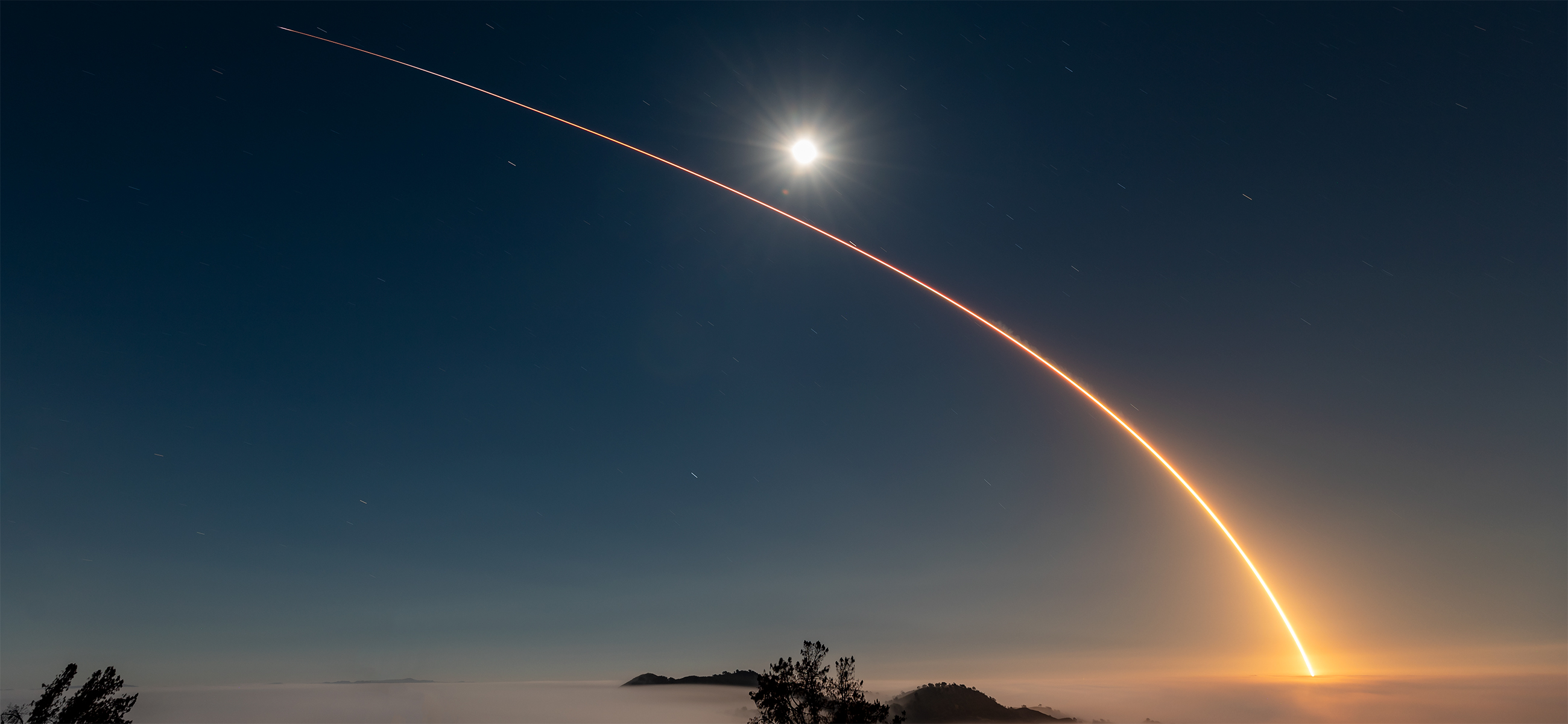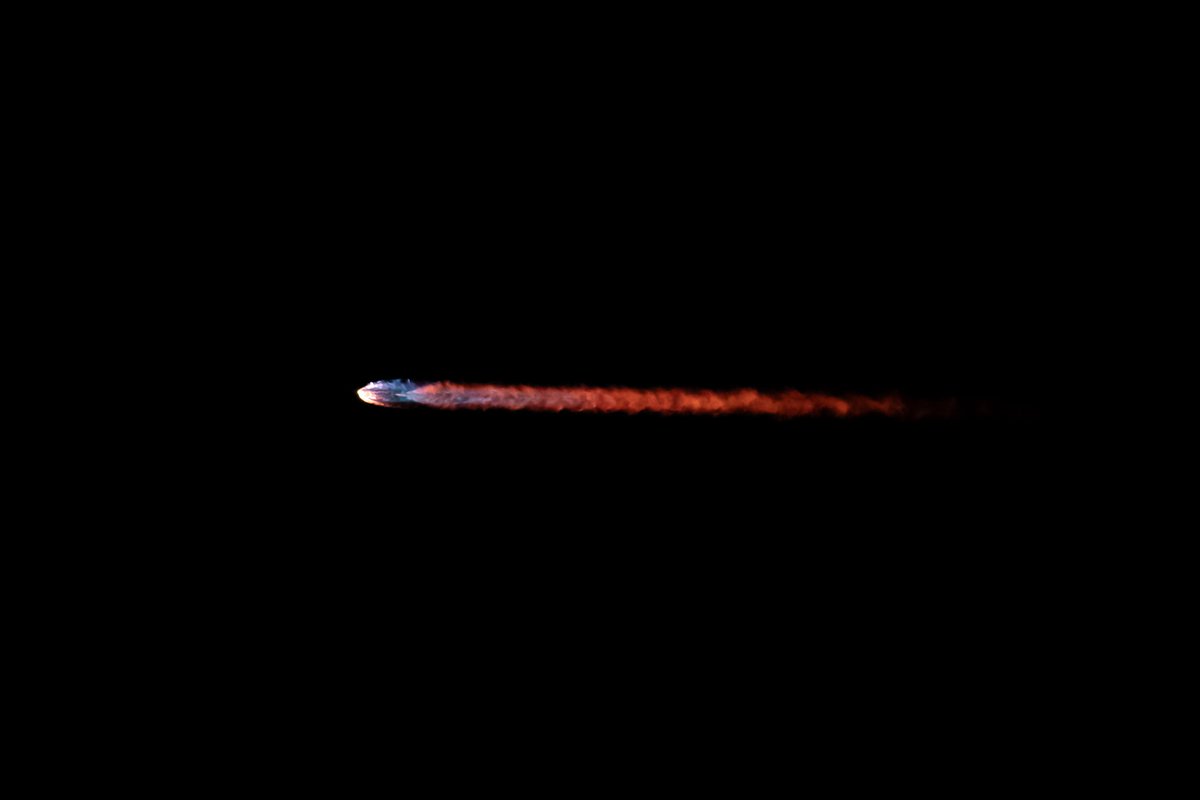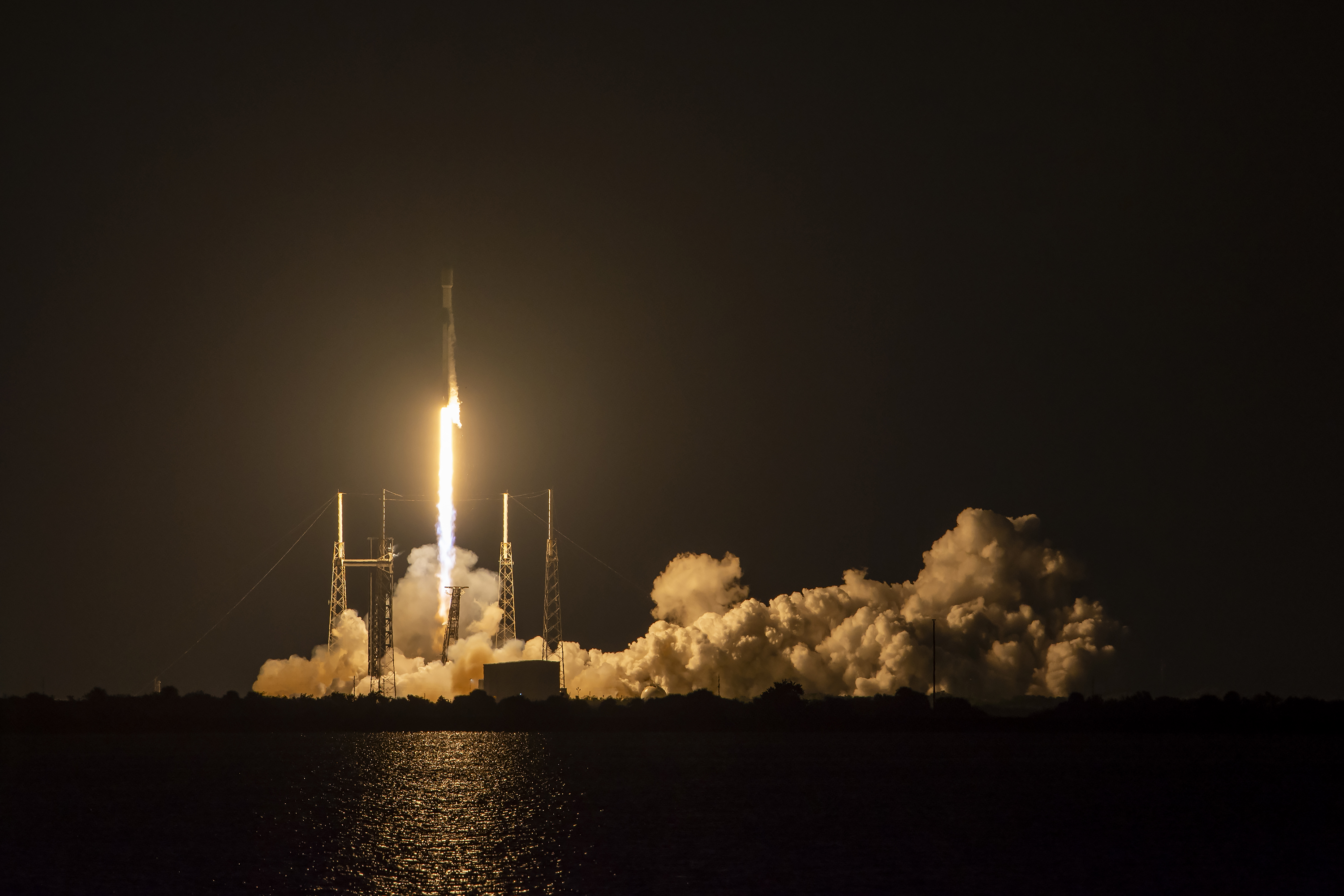
SpaceX launched its 100th rocket of the year early Tuesday morning (Oct. 15), and followed it up with another liftoff just hours later.
SpaceX's centenary mission of the year lifted off from Florida, with a Falcon 9 rocket carrying 23 of the company's Starlink internet satellites aloft. The mission launched from Florida's Cape Canaveral Space Force Station at 2:10 a.m. EDT (0610 GMT). As usual, the Falcon 9's first-stage booster came back to Earth safely, touching down on the drone ship "A Shortfall of Gravitas" off the Florida coast about eight minutes after launch.
The company followed up that milestone with another launch two hours later, from the opposite U.S. coast. SpaceX's 101st liftoff of 2024 saw 20 more Starlinks soar to space from Vandenberg Space Force Base in California at 4:21 a.m. EDT (0821 GMT, or 1:21 a.m. local California time). The first-stage booster from that flight also safely returned to Earth.

These two launches were not the only ones by SpaceX in recent days. For example, the company's Falcon Heavy rocket sent NASA's Europa Clipper mission toward the icy Jupiter ocean moon Europa on Monday (Oct. 14).
Related: SpaceX makes Starlink internet service free for people hit by hurricanes Helene and Milton
In addition, SpaceX's Starship megarocket soared to space Sunday (Oct. 13) on a test flight that featured a dramatic launch tower catch of the vehicle's Super Heavy first stage. And Europe's Hera probe flew to space aboard a Falcon 9 on Oct. 9, heading toward an asteroid previously smacked by NASA's DART mission.

Even more remarkably, SpaceX only received reauthorization to launch Falcon 9 missions on Oct. 11, after the rocket had an issue with its upper stage during the launch of the Crew-9 astronaut mission to the International Space Station on Sept. 28. (Hera was a one-time exception granted by the Federal Aviation Administration.)
SpaceX, in fact, has faced down three Falcon 9 anomalies and groundings in the last few months and rapidly returned to flight each time.

The first issue, on July 11, happened after an upper-stage propellant leak caused 20 Starlink satellites to be deployed at too low an altitude, leading to their loss. The Falcon 9 was grounded for roughly two weeks after that incident.
On Aug. 28, a Falcon 9 first stage did not land safely after a successful Starlink launch, but SpaceX had the rocket flying with FAA permission just three days later. The FAA noted in a statement Oct. 11 that it has "closed the SpaceX-led investigations for the Falcon 9 mishaps that occurred" on those two missions.
The action of the past few days pushed SpaceX past its previous record of 98 launches, set in 2023. SpaceX is the most prolific launching entity in the world. China is second this year, with 47 missions to space so far.
Falcon 9 rockets have performed 96 of SpaceX's 101 launches in 2024 so far. Two-thirds of those Falcon 9 flights have been dedicated to building out the Starlink megaconstellation. SpaceX has also launched two Falcon Heavy missions and three Starship test flights this year.







